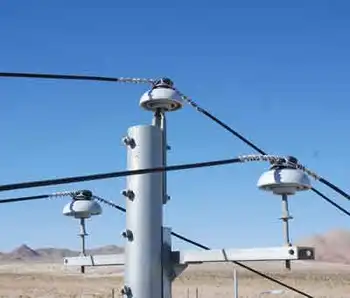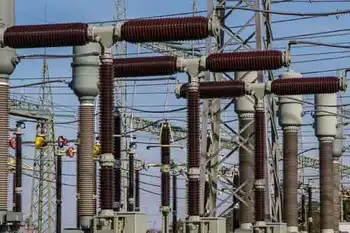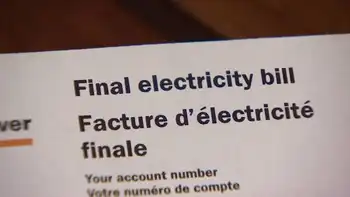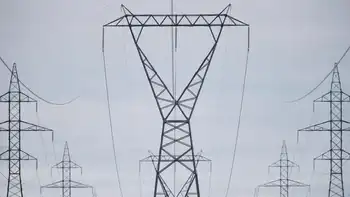EDF and France reach deal on electricity prices-source
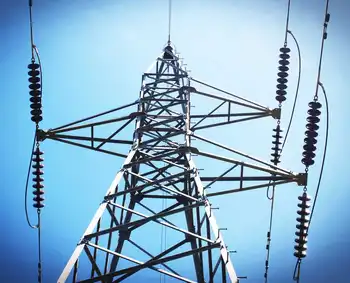
Protective Relay Training - Basic
Our customized live online or in‑person group training can be delivered to your staff at your location.

- Live Online
- 12 hours Instructor-led
- Group Training Available
EDF Nuclear Power Price Deal sets a 70 euros/MWh reference price, adds consumer protection if wholesale electricity prices exceed 110 euros/MWh, and outlines taxation mechanisms to shield bills while funding nuclear investment.
Key Points
A government-EDF deal setting 70 euros/MWh with safeguards above 110 euros/MWh to protect consumers.
✅ Reference price fixed at 70 euros/MWh, near EDF costs.
✅ Consumer shield above 110 euros/MWh; up to 90% extra-revenue tax.
✅ Review clauses maintain 70 euros/MWh through market swings.
State-controlled power group EDF and the French government have reached a tentative deal on future nuclear power prices, echoing a new electricity pricing scheme France has floated, a source close to the government said on Monday, ending months of tense negotiations.
The two sides agreed on 70 euros per megawatt hour (MWH) as a reference level for power prices, aligning with EU plans for more fixed-price contracts for consumers, the source said, cautioning that details of the deal are still being finalised.
The negotiations aimed to find a compromise between EDF, which is eager to maximise revenues to fund investments, and the government, keen to keep electricity bills for French households and businesses as low as possible, amid ongoing EU electricity reform debates across the bloc.
EDF declined to comment.
The preliminary deal sets out mechanisms that would protect consumers if power market prices rise above 110 euros/MWH, similar to potential emergency electricity measures being weighed in Europe, the source said, adding that the deal also includes clauses that would provide a price guarantee for EDF.
The 70 euros/MWH agreed reference price level is close to EDF's nuclear production costs, as Europe moves to revamp its electricity market more broadly. The nuclear power produced by the company provides 70% of France's electricity.
The agreement would allow the government to tax EDF's extra revenues at 90% if prices surpass 110 euros/MWH, in order to offset the impact on consumers. It would also enable a review of conditions in case of market fluctuations to safeguard the 70 euro level for EDF, reflecting how rolling back electricity prices is tougher than it appears, the source said.
French wholesale electricity prices are still above 100 euros/MWH, after climbing to 1,200 euros during last year's energy crisis, even as diesel prices have returned to pre-conflict levels.
A final agreement should be officially announced on Tuesday after a meeting between Finance Minister Bruno Le Maire, Energy Transition Minister Agnes Pannier-Runacher and EDF chief Luc Remont.
That meeting will work out the final details on price thresholds and tax rates between the reference level and the upper limit, the source said.
Negotiations between the two sides were so fraught that at one stage they raised questions about the future of EDF chief Luc Remont, who was appointed by President Emmanuel Macron a year ago to turn around EDF.
The group ended 2022 with a 18 billion-euro loss and almost 65 billion euros of net debt, hurt by a record number of reactor outages that coincided with soaring energy prices in the wake of Russia's invasion of Ukraine.
With its output at a 30-year low, EDF was forced to buy electricity on the market to supply customers. The government, meanwhile, imposed a cap on electricity prices, leaving EDF selling power at a discount.







